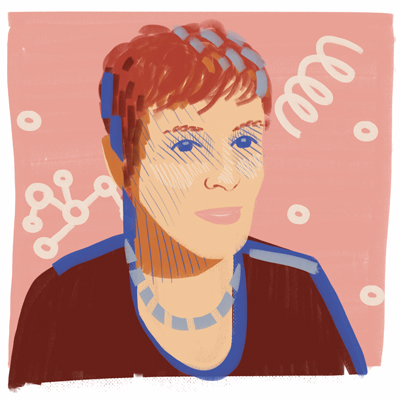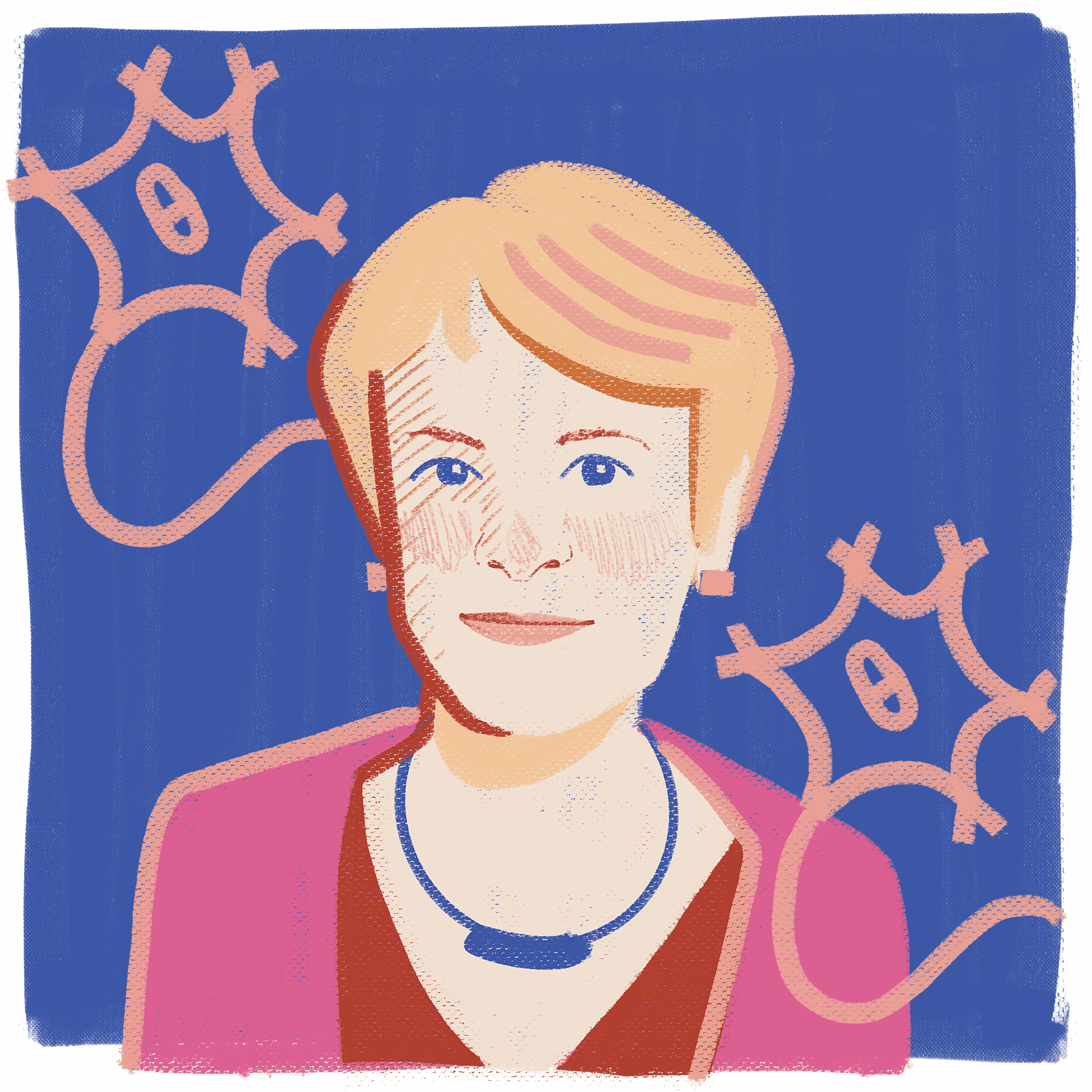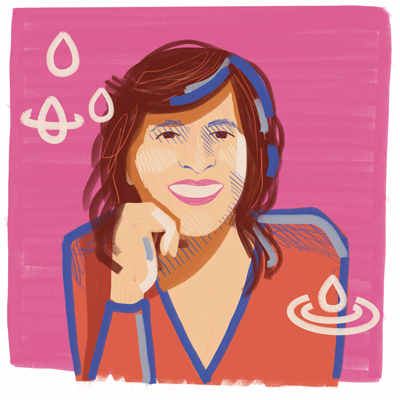Professor Paula Booth

Paula Booth completed her PhD at Imperial College London, under the supervision of Professor Lord George Porter OM PRS Nobel Laureate and Professor Jim Barber FRS. Her main goal was to study the thermodynamic properties of electron transfer in Photosystem 2 reaction centers. This led to a PhD in Biophysical Chemistry, following her undergraduate degree Chemistry, for which she won a scholarship to St. John’s College, Oxford University, UK.
Paula investigates the mechanisms that drive fundamental biological processes in cells, focussing on cell membranes. The proteins in the cell membranes are fundamental to life as they receive signals from outside the cell. They account for about a third of all cellular proteins. Currently, Paula works at the interface of Chemistry and Biology and leads an interdisciplinary laboratory that investigates the biogenesis and folding of membrane proteins, as well as biological self-assembly more generally in synthetic systems in the areas of materials, synthetic biology and sustainable chemistry.
Paula is a pioneer in membrane protein folding, the physical process by which a protein chain is translated to its native three-dimensional structure. This process has drawn considerable attention from researchers all over the world. In contrast to investigations that focus on the folding of water-soluble proteins that dominate the field, her work focuses on membrane proteins. As a result, she won several awards and grants to develop studies in this area, including an ERC Advanced Grant, Royal Society Wolfson Merit Award, Philip Leverhulme Prize and a Wellcome Investigator Award.
Paula’s ambitions as a researcher allowed her to develop her own lines of research in several research fellowships. She started her own research group at Oxford, 2 years after completing her PhD, supported by a Royal Society Rosenheim Research Fellowship and a Research Fellowship from Corpus Christ College, Oxford. Prior to this, she won a Unilever Junior fellowship at St Hilda’s College, Oxford and a Royal Society European postdoctoral fellowship to work at CEA Saclay, Paris. Since then, she has worked at the Departments of Biochemistry at Imperial College and the University of Bristol, before moving to King’s College, London. She alsoleads a Satellite Laboratory at Francis Crick Institute. Previously, Paula was also as an Associate Professor at the Open University, training people of all ages and backgrounds.
At King’s, Paula was appointed as the inaugural head of the new Department of Chemistry. This position brought the discipline back to life at the University. This was the first time since she finished her degree in Chemistry that Paula returned to a Chemistry Department to create a new future for chemistry and STEM at King’s.She was delighted at the opportunity to establish a contemporary Chemistry Department. “I enjoyed creating a collaborative and supportive work environment, and defining a new style of education to produce a modern chemist who can develop interdisciplinary work. An important achievement is our remarkable gender balance that is above the national average.”
Booth has always found barriers in research and in the academia. Because Paula never fit in, she always sought to create a fairer and collegiate approach in her career.
“I soon realized that there were not many female graduates. Not surprisingly, women were clearly not taken seriously. Very often I heard that I was not good enough, and hardly ever saw women in the Chemistry departments. I strongly believe that an inclusive environment that welcomes everyone and where people can be themselves provides greater impact through research and education experiences”, she says.


